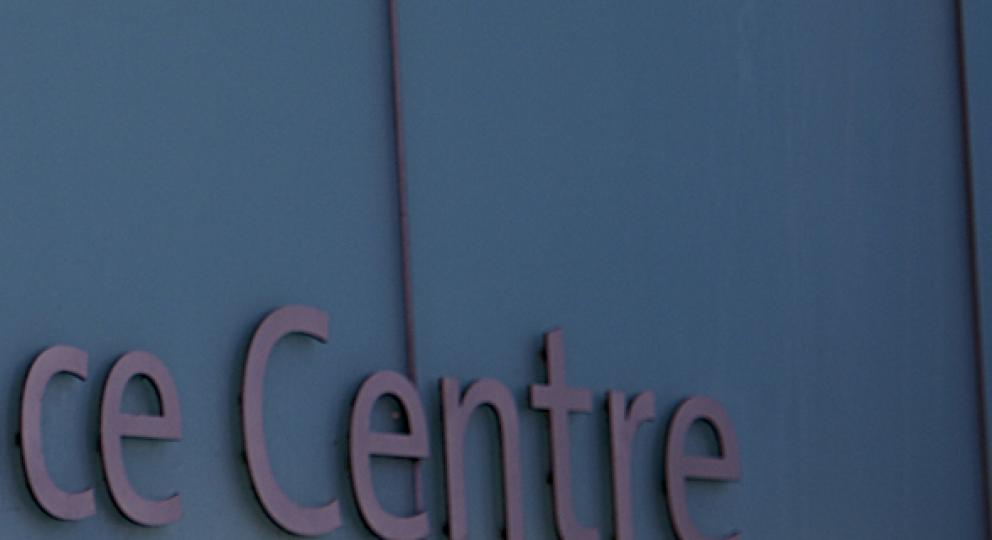

Our powers
In this section you can find out more about our unique legal powers, our regulatory approach and how we take action.


In this section you can find out more about our unique legal powers, our regulatory approach and how we take action.